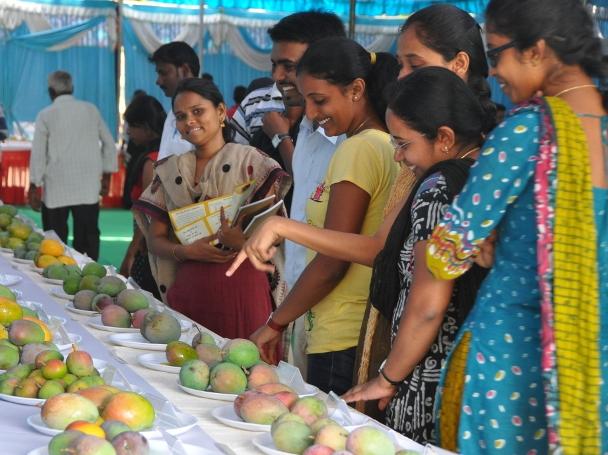Blog Different trees for different needs

Women and men often have distinct and complementary roles, sets of knowledge, skills, practices and preferences related to the management and conservation of agricultural and tree biodiversity. A new blog post published on the Women for Expo website highlights Bioversity International researchers' participatory research methods used with local communities in India and Malaysia.
Since 2011, Bioversity international researchers have been working with local communities in India and Malaysia to investigate the effectiveness of participatory research tools for social inclusion. They discovered that the participatory approach was especially effective in revealing differences in local knowledge about native fruit trees, and facilitating the freedom of expression and social learning.
Faridah Aini Muhammad, one of Bioversity International Gender Research Fellows talked to us about her experiences working in two villages in Sarawak, Malaysia. Using various participatory research tools, she examined the indigenous knowledge and skills of women and men of different ages related to native fruit trees such as rambutan (Nephelium lappaceum) and mango (Mangifera spp.).
